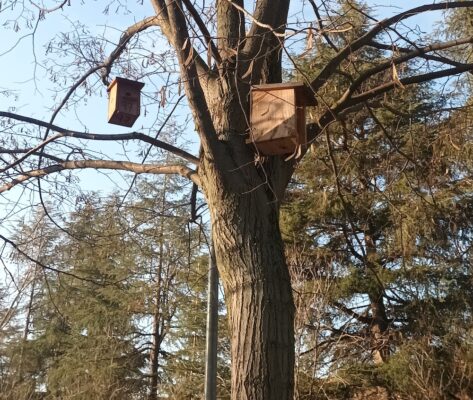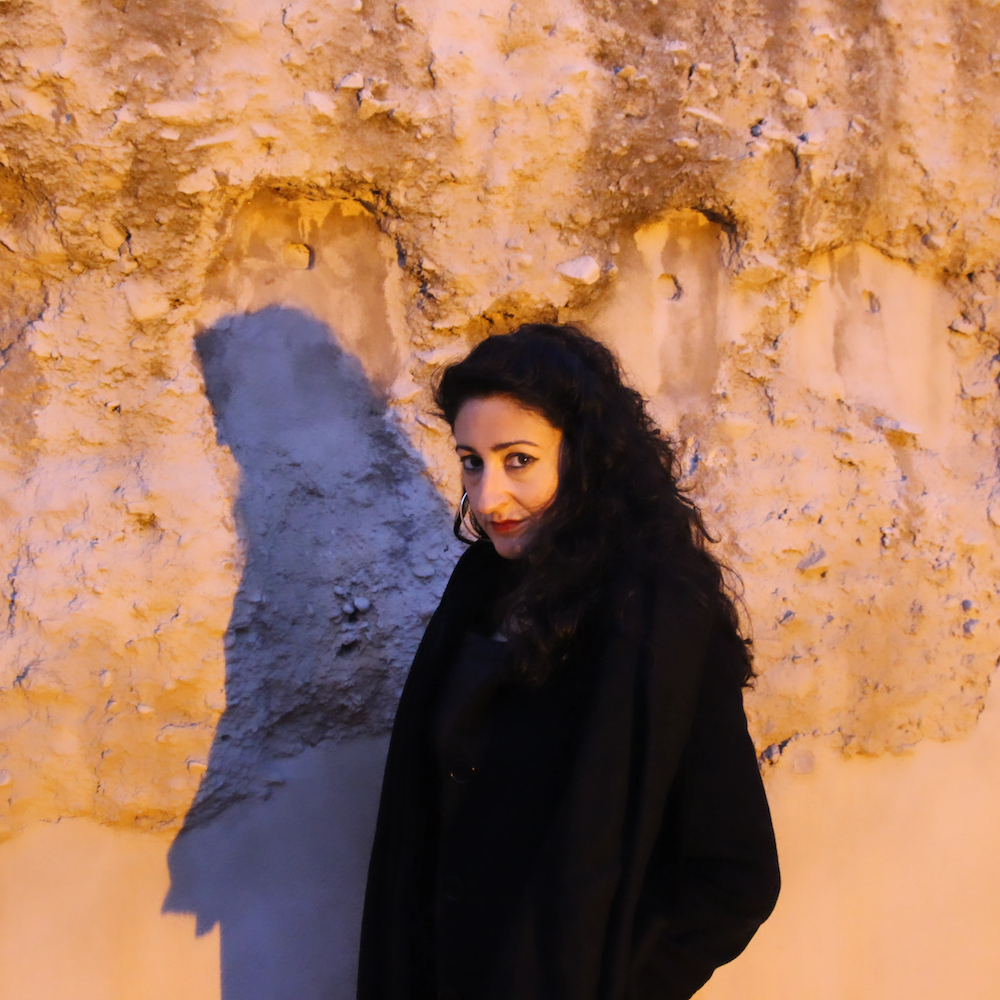Search
To search for an exact match, type the word or phrase you want in quotation marks.
A*DESK has been offering since 2002 contents about criticism and contemporary art. A*DESK has become consolidated thanks to all those who have believed in the project, all those who have followed us, debating, participating and collaborating. Many people have collaborated with A*DESK, and continue to do so. Their efforts, knowledge and belief in the project are what make it grow internationally. At A*DESK we have also generated work for over one hundred professionals in culture, from small collaborations with reviews and classes, to more prolonged and intense collaborations.
At A*DESK we believe in the need for free and universal access to culture and knowledge. We want to carry on being independent, remaining open to more ideas and opinions. If you believe in A*DESK, we need your backing to be able to continue. You can now participate in the project by supporting it. You can choose how much you want to contribute to the project.
You can decide how much you want to bring to the project.

The rain splatters against the window. My geraniums are drowning. I have to shelter the cacti in the attic to prevent their roots from rotting. Only the begonia, clearly a tropical plant, seems content with so many storms. We are experiencing an unprecedented March in terms of the quantity and frequency of rain. I wanted to talk about liternature in this issue but instead I sit and listen to the insistent sound of rain falling, so foreign to my South. I think, naively, that the rains have come to greet us, to dump water onto plants that are not like those of Ana Geranios. Ana warned us about the damage caused by mass tourism in her book Verano sin vacaciones. Las hijas de la costas del sol (Summer Without Vacations: The Daughters of the Costa del Sol) (Piedra Papel, 2023). Here, she shines once again with her playfully, critical article that focuses on everyday plastic, especially the kind used to shape petals, vines, and artificial flowers. We’ve become so accustomed to fake products that even supposedly natural decor comes from fossil fuels, an extractive paradox of late capitalism.
I chose the authors gathered here knowing they wouldn’t disappoint. While Geranios displays her usual wit and literary acumen, Luci Romero, author of El arte de contar a la naturaleza (The Art of Narrating Nature) (Barlin Books, 2023), returns to her characteristic analytical lyricism to discuss the work of Carolina Arabia. Throughout civilizations and over the centuries, we have sung to animals, to bees, to herds, weaving together interactions that bring us together as a community. In her book, Romero introduced us to nature writing, that English-language genre we’ve already translated thanks, in large part, to our third contributor. Gabi Martínez coined the term liternatura (liternature) which we showcase along with her intelligent writing, guided by a reflection I’ve heard her say before in person. Writing about nature, merging into breathtaking landscapes like the one she describes in Delta (Seix Barral, 2023), exploring multiple rural worlds at festivals like Siberiana, in the Siberia of Extremadura, doesn’t necessarily mean raising the flag of environmentalism. Martínez constructs a way to finely blend aesthetic and political categories, to sift words and literary history through a sharp writer’s filter, to champion great works crafted in dialogue with Gaia, from Henry David Thoreau to Herman Melville. Our last contributor, Noemí Sabugal, has just published Laberinto mar (Sea Labyrinth) (Alfaguara, 2024), and her voice resonates in A*Desk as she blends poetry with the perspective of some of the best investigative journalism, in this case about the Mar Menor, a space threatened by climate change and the agricultural exploitation of its surroundings.
If those who have contributed their words to this multilingual issue have anything in common, it’s a clear awareness that we are nature, and a skillful penmanship as tenacious as it is beautiful. No one here, myself included, intends to renounce artistic plenitude as a way of inhabiting sensitivity, and no one wants to surrender (allow me to dare to make this declaration of intent) to the obsessive reiteration of our times, according to which what is natural is a set of external elements, a carpet rolled out for its conquest and destruction. The utilitarian vision of nature as a stage or resource listed on the stock exchange is something the reader won’t find here. Liternature (now capitalized and without italics or quotation marks) implies challenging prejudices of the artistic canon but also of the place we occupy in a territory that is a member and participant in our subjectivities. It is a difficult thing to narrate as well as they did, with brevity and substance, and to fill our eyes with the same rain that continues to fall, rattling the glass, flooding the fields, and streaming down until it ends in calm waves of reflection.

Azahara Palomeque (El Sur, 1986) only goes to bed at dawn. She writes in a garret she has decorated with her own paintings, verses by María Zambrano and a lot of useless junk, often accompanied by one or two lizards and/or other creatures of the night. Her irrevocable happiness consists in believing in affection. She is the author of four collections of poetry, some catastrophic chronicles, the Lorca novel ‘Huracán de negras palomas’ (La moderna, 2023) and the rebellious essay ‘Vivir peor que nuestros padres’ (Anagrama, 2023). She has given many conferences around the world, has been a migrant and a teacher, likes to dance reggaeton and eat salmorejo. She contributes to media such as La Marea and El País. She also holds a PhD in cultural studies from Princeton University. If you want to keep her happy, don’t force her to get up early and invite her for a beer.
"A desk is a dangerous place from which to watch the world" (John Le Carré)